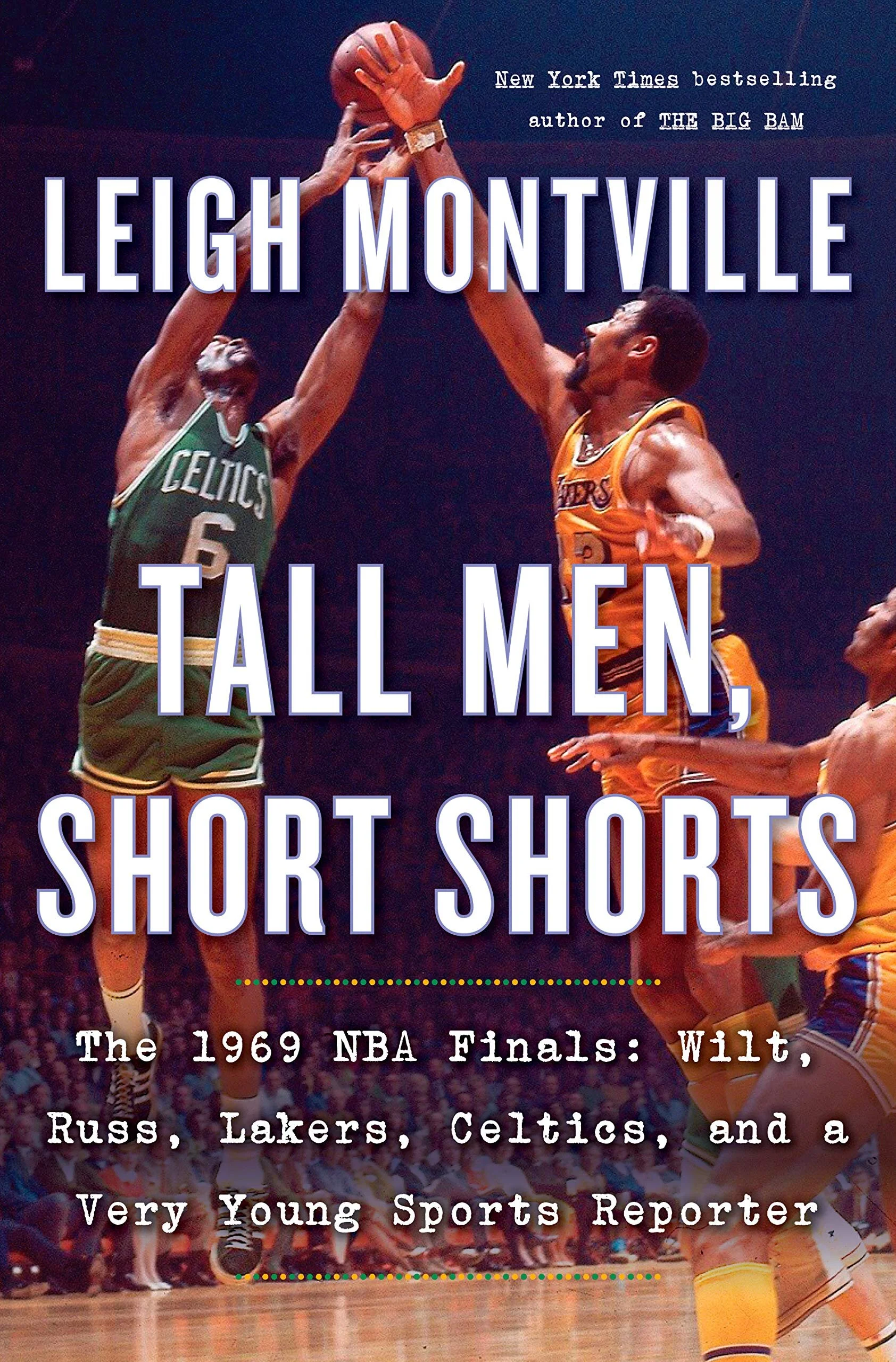Book Review: Tall Men, Short Shorts by Leigh Montville
This was a book that I came into with some trepidation and it thankfully exceeded my expectations. Leigh Montville, a longtime sportswriter for the Boston Globe and later Sports Illustrated, recounts the 1969 NBA Finals between the Los Angeles Lakers and his hometown Boston Celtics. That championship had a lot to offer in terms of intrigue (the Celtics had won 9 of the last 10 league titles and were 5-for-5 against the Lakers but were dealing with an aging roster and the Lakers had acquired superstar Wilt Chamberlain) and drama (the Celtics and Lakers ultimately went seven games in 1969), but because of that it has been mined pretty deeply for content already. Again we run into the problem where the kind of person who would read a book about the 1969 Celtics-Lakers series (i.e. someone already at least somewhat interested in NBA history) likely already has some familiarity with what happens. Probably not what went down in that specific series, but certainly a passing familiarity with the basics and major exploits of the bigger players like Bill Russell, Wilt Chamberlain, and John Havlicek. Thankfully, Tall Men, Short Shorts is not just a love letter to the NBA of the late 60s and those classic Celtics teams (though it accomplishes that too). Rather, it is a de facto memoir from Montville and also a love letter to print and radio journalism, the social climate of the late 60s, the looser and smaller-scale brand of basketball of the period, and much more. This different angle makes for quite a compelling read.
Tall Men, Short Shorts is structured in chronological order, covering each day of the NBA Finals, with frequent asides to set the stage for the series and provide additional color. Again, this is not a book about the 1969 NBA Finals but what it was like to cover the 1969 NBA Finals as a cub reporter from Boston. Montville has an outstanding eye for detail and memory and vividly presents his experiences interfacing with Celtics players, hunting for stories (and making sure player/coach Bill Russell followed through on his commitment to provide a column offering his own thoughts after each game), and contending with deadlines and the fact that he had to dictate his stories back to the Globe office. The book is effectively Montville’s diary from the Finals, and he includes game recaps and columns from the series written by both himself and other Boston beat writers to give readers a taste of what changed (writers rigidly fitting their stories into a predetermined narrative written earlier in the game due to deadlines) and what didn’t (an unfortunate reliance on insipid post-game player comments). This was a time when the NBA had only 6 employees, the games were blacked out locally on television, and newspaper writers and radio announcers played a tremendous role in providing fans with details about the on and off-court proceedings. Throw in all of the personalities and drama involved and this formula works quite well.
I don’t really have any massive nits to pick with the book. Montville almost exclusively refers to himself in the third-person as “The Bright Young Man” which is a weird and stylistically awkward choice (especially when he occasionally slips in some first-person as well), some of the more personal anecdotes (mainly detailed passages around a high school basketball championship he attended and his military service) struck me as a tad self-indulgent, and I sensed some “get-off-my-lawn” sentiment when the 77 year-old Montville lamented about the state of the modern NBA and features like its reliance on analytics, but these are all small issues and didn’t detract from the reading experience that much. Overall, it’s a very solid read.
8/10

